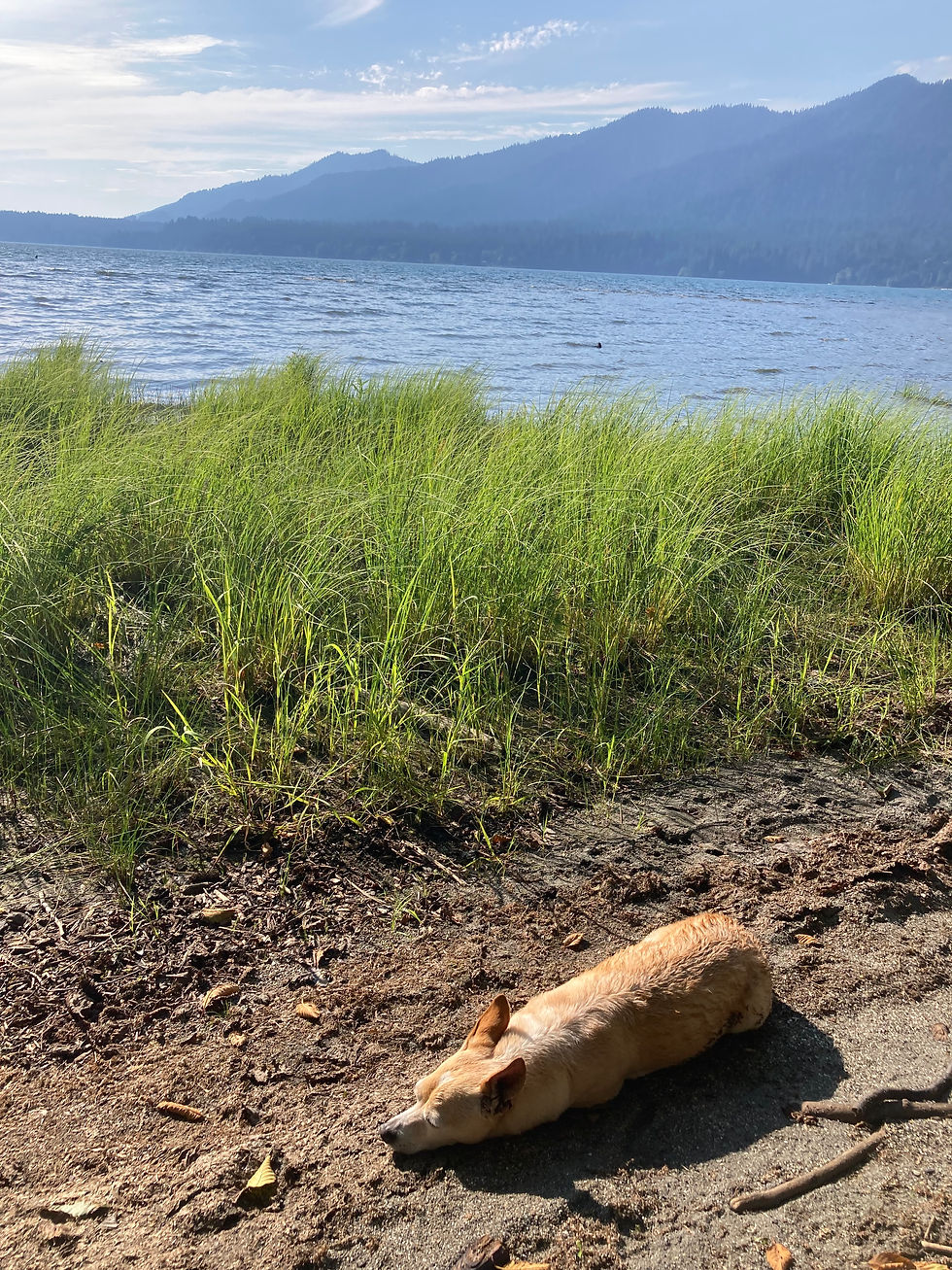240 Years: Want to Leave a Powerful ECO Legacy?
- Monica Eastway

- May 2, 2022
- 2 min read
Updated: Oct 1, 2022

It's Simple- Be a Good Ancestor.
Can we, people of all ages, dedicate our life course to being what philosopher Roman Krznaric calls 'the good ancestor'? Can we learn how to take actions that will not destroy the ecological systems future generations depend on?
A Call to Action: Let us start by promoting long-term solutions. Many Native American nations and indigenous communities use the seven-generation principles:
Think how today's decisions will affect 240 years ahead.
Imagine for a moment, our global community- people, corporations, politicians, and policymakers- applied the seventh-generation principle:
Would we shift our dependence on fossil fuels?
Would we act now and draft policies that protect and restore water and natural resources, ensuring today's usage does not bankrupt the unborn?
Can our urgency for climate action become realized?
The WHO recently reported that 99% of our global population, you and me, breathes air that threatens health. We are breathing unhealthy levels of fine particulate matter and nitrogen dioxide, pollutants that emanate from human activities affiliated with fossil fuel combustion. Fossil fuel combustion sources include fuel for transportation, coal, natural gas-powered electricity, agriculture, land use, and forestry.
The findings have prompted the WHO to highlight the importance of curbing fossil fuel use and taking other tangible steps to reduce air pollution levels. Even low levels of air pollutants cause significant harm to human health.
Particulate matter can penetrate deep into the lungs and enter the bloodstream, leading to disease and irreversible chronic health conditions, including an increased risk of developing Alzheimer's and dementia.
The World Health Organization calls for a 'rapid intensification of actions' from building safe and affordable public transport systems and pedestrian- and cycle-friendly networks to include air pollution in curricula for health professionals and provide tools for the health sector to engage.
"Let us be the ancestors our descendants will thank."
- Winona LaDuke
As I reflect on our current state of climate urgency, like many Americans, I feel overwhelmed and disappointed. Our culture values short-term satisfaction without engaging our minds and morals with long-range thinking.
How will future generations experience the decisions we are making today?
If we are already breathing unhealthy air, what will the atmosphere be like in 240 years if we do not take Climate Action Now?
Can we learn how to be a good ancestor?
Seventh Generation Earth Ethics, written by Ojibwe author Patty Loew, highlights the biographies of climate-active Native Americans, providing an insight into traditional ecological values and the men and women who helped nurture past and present generations.
"If I act in an unethical way, and I know that my children or my grandchildren are going to find out … those are the kinds of things that really shape someone's thinking"- Patty Loew.







